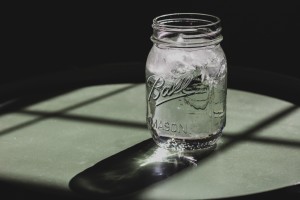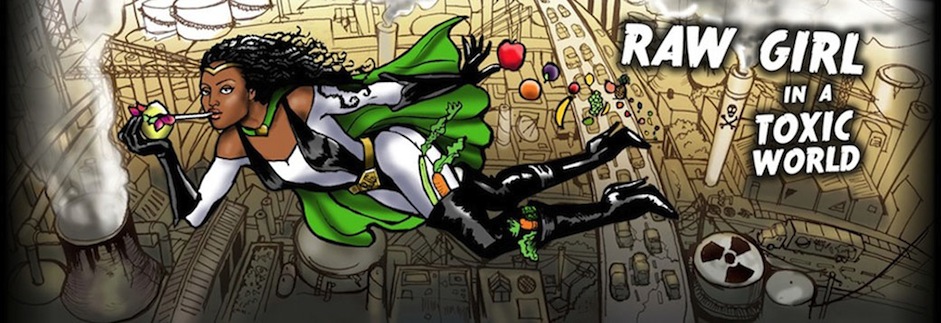 We have all heard the guideline since childhood that the average person should “drink eight cups of water a day,” or “drink half of your body weight in ounces per day.” Recently I wondered to myself is this advice based on sound physiology? How can you tell that an individual is actually ingesting enough fluids? Is it possible to drink too much water?
We have all heard the guideline since childhood that the average person should “drink eight cups of water a day,” or “drink half of your body weight in ounces per day.” Recently I wondered to myself is this advice based on sound physiology? How can you tell that an individual is actually ingesting enough fluids? Is it possible to drink too much water?
My conclusion after a little digging was the healthy advise that people should drink eight cups of water or day is not necessarily based in sound physiology. The amount that a person should drink “differs by what people eat, where they live, how big they are ( in pounds, body mass etc), and what they are doing. It makes sense that for instance in a climate that is hotter year round, water intake for the average individual would increase. Because there are many variables it may be impossible to come up with adequate water intake that can be widely applied.
In a European study after choosing to monitor total water intake of both men and women they observed that: “The mean TWI was 2.3 L for men and 2.1 L for women, close to the EFSA “adequate intake” (AI) recommendations for adults: 2.5 L and 2 L, respectively, though lower for men and higher for women,” (de Edelenyi, F. et al, 2). When discussing water intake it’s clear that it is important to take into consideration that water intake is not only fulfilled by drinking water or beverages (70-80%); our bodies also receive about (20-30%) water from solid foods, (de Edelenyi, F. et al, 2).
The best way to know if there is adequate water intake is to pay attention to our bodies and be on the look out for signs of dehydration, or inadequate water intake. Some signs of mild to moderate dehydration include: increased thirst, dry mouth, tired of drowsiness, decreased urine output, yellowish urine, headache, dry skin, dizziness, producing few or no tears. It doesn’t happen often, but apparently it is also possible to drink too much water. The condition is called hyponatremia. When our bodies intake excess water the kidneys are unable to excrete it, and the electrolyte (mineral) content of the blood gets diluted. This in turn causes low sodium levels in the blood. Obviously, that’s rare! Despite the debate, the truth is most of us do NOT get enough water in a day, so it’s always better to err on the side of caution and guzzle up as much as you can. -Xo Raw Girl
References:
Drewnowski, A. (2015). Evidence behind daily water and beverage intake recommendations. Nutricion Hospitalaria,32(S2), 17. doi:10.3305/nh.2015.32.sup2.10270
de Edelenyi, F. S., Druesne-Pecollo, N., Arnault, N., González, R., Buscail, C., & Galan, P. (2016). Characteristics of Beverage Consumption Habits among a Large Sample of French Adults: Associations with Total Water and Energy Intakes. Nutrients, 8(10), 1-15. doi:10.3390/nu8100627
Caroll, A. E. (n.d.). No, You Do Not Have to Drink 8 Glasses of Water a Day. Retrieved November 23, 2016, from http://www.nytimes.com/2015/08/25/upshot/no-you-do-not-have-to-drink-8-glasses-of-water-a-day.html?_r=0





